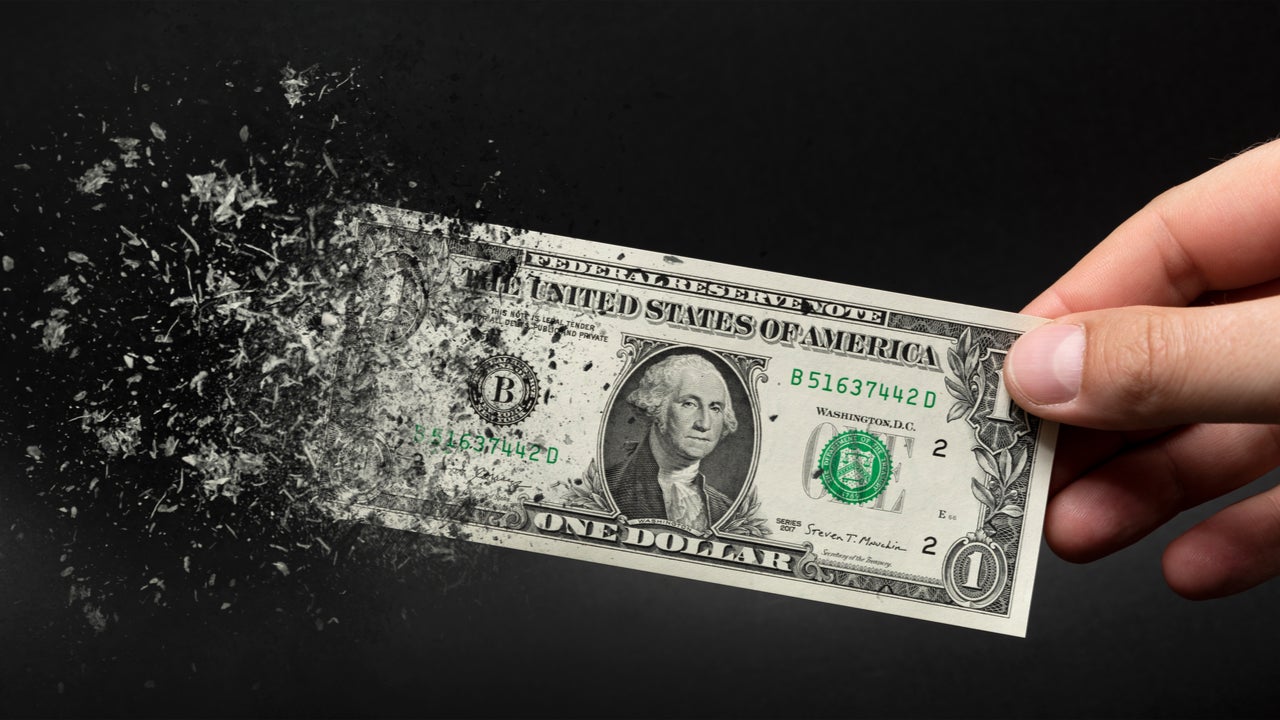Economists see shifts in globalisation, demographics, and e-commerce putting upward pressure on prices.
Greg Ip
Greg Ip, chief economics commentator for The Wall Street Journal, shared an article on many factors that have helped the Federal Reserve keep inflation low in recent years in the US to gradually fade away. Economists believe that the shifts in the global economy, including globalisation, ecommerce, and demographics, over the last few decades may have helped keep prices in check, but the so-called secular forces have begun to reverse in ways that the Covid-19 pandemic has further intensified.
For instance, globalisation had put a downward pressure on prices by making it difficult for businesses to raise them, but the pandemic has reversed the scenario. The Covid-19 crisis, as a result, exposed the weaknesses of complex, distant supply chains for essential commodities such as medical equipment and supplies and semiconductors, prompting onshoring trends that may reduce competition and raise costs.
Economists believe that this could seem like that the pandemic is paying off in many ways, but it will eventually raise prices and tie up resources to produce goods that could be more cheaply produced overseas.
Economists see shifts in globalization, demographics and e-commerce putting upward pressure on prices, by @sinoceros https://t.co/JeOU7PWRVB via @WSJ
— Greg Ip (@greg_ip) July 12, 2021
 GlobalData Strategic Intelligence
GlobalData Strategic IntelligenceUS Tariffs are shifting - will you react or anticipate?
Don’t let policy changes catch you off guard. Stay proactive with real-time data and expert analysis.
By GlobalData
Sam Lowe
Sam Lowe, senior research fellow at the Centre for European, retweeted an article on the least developed economies facing the worst recession in 30 years as a result of the Covid-19 pandemic. Economists believe that a K-shaped post Covid recovery, which is likely to affect health, nutrition, and the education prospects of the poorest of people, should be avoided.
Experts further believe that a multilateral initiative is required to boost trade along global supply chains for least developed countries. They advocate a new global value chains (GVCs) for least developed countries (LDCs) global preferential scheme that will cover exports by these countries along the entire supply chain during the pandemic recovery. This would, in turn, increase global trade, improve least developed countries’ value added, and promote further value chain integration.
However, LDCs have participated less in world trade, and as a result have not benefitted from the growing world trade in the past decade. Further, due to Covid-19, these countries are grappling with weaker recovery growth rates amounting to 14.1% compared to developing countries reporting growth of 34% and developed countries 14.1%.
#tradeXpresso: The least developed countries are facing the worst recession in 30 years. We need to avoid a K-shaped post #covid recovery that will affect nutrition, health and education prospects of the poorest! Let’s make #trade and #GVCs work for #LDCs! https://t.co/a5vUEMocNv
— Lucian Cernat (@Lucian_Cernat) July 12, 2021
Richard Murphy
Richard Murphy, an economic justice campaigner and professor of accounting at the Sheffield University Management School, tweeted on the increase in wealth inequality during Covid-19 being a design fault that needed to be corrected in the UK. According to reports, there has been massive increase in wealth among the richest people in the UK during the pandemic.
Although experts have not been able to ascertain why this happened, the Covid-19 crisis led to a sharp fall in economic activity and a dramatic increase in household wealth across Britain. Additionally, as households were forced to save and restrict spending, house prices continued to soar even when working hours dropped.
Experts believe that this is a direct result of the government running large deficits while at the same time denying people the chance to save with the government. This has forced money into cash accounts and the private sector, as well as housing.
The increase in wealth inequality during Covid is not an accident: it is a design fault that needs to be corrected https://t.co/D5jnDvRiQG We need more taxes on wealth now
— Richard Murphy (@RichardJMurphy) July 12, 2021




